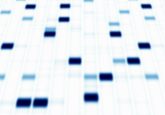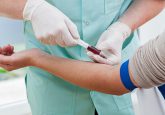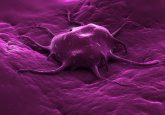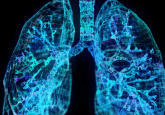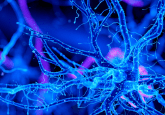Merck KGaA agrees to €1.4bn deal with Jiangsu Hengrui for cancer alliance
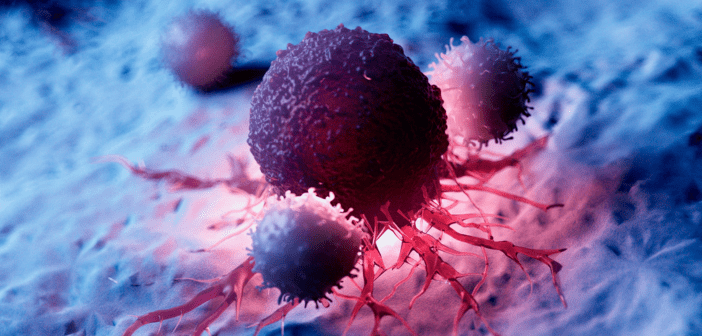
Merck KGaA (Darmstadt, Germany) has come to an agreement with Jiangsu Hengrui Pharmaceuticals (Jiangsu, China) that covers a pair of cancer drugs, including a ‘next-generation’ PARP inhibitor and an antibody-drug conjugate.
Merck, under the terms of their agreement, will provide Jiangsu Hengrui with an upfront payment of €160 million and subsequent payments for each achievement of certain development, regulatory and commercial milestones. Hengrui will also receive tiered royalties on net sales by Merck, meaning that total payments may total up to €1.4 billion, making it one of the largest pipeline-boosting in-licensing deals for the German company in recent years.
This collaboration will see Merck hold exclusive license rights outside of China to develop, manufacture and commercialize Hengrui’s PARP1 drug HRS-1167, as well as an option to have similar license rights outside of China to Hengrui’s Claudin-18.2 antibody-drug conjugate SHR-A1904. Additionally, Merck has the opportunity to co-promote both these assets in China.
Danny Bar-Zohar, Global Head of Research & Development and Chief Medical Officer for the Healthcare business of Merck commented on the deal:
“This partnership with Hengrui fully aligns with both our external innovation ambition and our oncology research and development strategy by diversifying our robust internal pipeline in our focus areas of DNA damage response inhibition and antibody-drug conjugates, […] The synergies of these assets with our portfolio offer broad potential for development and the opportunity to advance more therapeutic options for patients with difficult-to-treat cancers. We look forward to leveraging the significant expertise of Hengrui and our strong collaboration ahead.”
Hengrui’s HRS-1167 is a DNA damage response inhibitor drug. It works by inhibiting PARP1, an enzyme important in DNA repair pathways. This class of drug has applications in oncology by speeding up the fate of cancer cells with faulty DNA. Merck declared that HRS-1167 demonstrated positive clinical activity in Phase I trials and that the candidate has the potential to be used alongside other anticancer therapies.
Frank Jiang, board member and Chief Strategy Officer of Hengrui Pharma stated:
“Given the high unmet need in oncology, we are excited to work closely with Merck to bring Hengrui’s innovations to cancer patients worldwide, […] Partnering with Merck on our PARP franchise is an important milestone on Hengrui’s globalization journey. We look forward to advancing our molecules rapidly through development and reaching patients in need.”

